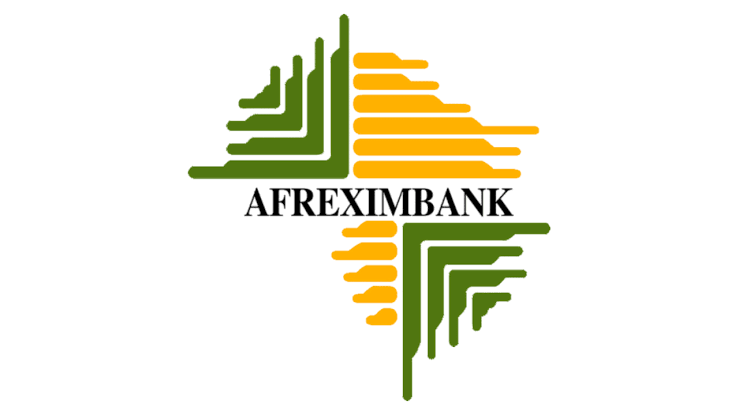The Africa Petroleum Producers’ Organization (APPO) and the African Export-Import Bank (Afreximbank) have made history by signing the Establishment Agreement and Charter for the Africa Energy Bank (AEB). The signing ceremony occurred at Egypt’s Ministry of Petroleum and Mineral Resources.
Tarek El Molla, Egyptian Minister of Petroleum and Mineral Resources, hosted the event and witnessed the signing. Benedict Oramah, President and Chairman of the Board of Directors at Afreximbank, and Omar Farouk Ibrahim, Secretary General of APPO, signed the Establishment Agreement and the Charter on behalf of their respective institutions.
The AEB is designed as an independent and supranational pan-African energy development bank, starting with an initial capital of $5 billion.
This milestone concludes two years of negotiations and preparations since the signing of a Memorandum of Understanding in May 2022, aiming to establish the AEB.
The Africa Energy Bank was established to address the funding crisis in the African oil and gas industry, which has been exacerbated by the global energy transition. Traditional financiers, who have long supported Africa, are now withdrawing due to climate change concerns.
El Molla, also a member of the APPO Ministerial Council, expressed his honor at witnessing the bank’s establishment. He emphasized that this moment signifies Africa’s journey toward energy independence and sustainable development. The collaboration between Afreximbank and APPO demonstrates their commitment to Africa’s growth and energy security. El Molla congratulated the negotiating team on behalf of the APPO Ministerial Council.
Commenting on the event, Prof. Benedict Oramah stated, “Today marks a historic day for our continent. We are honored to have collaborated with APPO in establishing the Africa Energy Bank. These challenging times require a delicate balance between mitigating climate change and addressing economic and financial difficulties in Africa. Afreximbank takes pride in co-investing in this new institution and leading the management and implementation process, with an operational launch scheduled for July.”
Oramah added: “This joint effort reflects our immense gratitude to APPO’s members and leadership. We remain committed to addressing the urgent needs of our continent and its people.”
Farouk posited that the Africa Energy Bank (AEB) is Africa’s response to the imminent funding challenge posed by the global paradigm shift from fossil fuels to renewable energies, euphemistically called the energy transition. For too long, Africa’s oil and gas industry has relied on extra-African funding. However, the advent of the energy transition has made us realize that those on whom we have depended for many decades are now withdrawing their support.
The Secretary-General argued that Africa cannot afford to abandon oil and gas hastily, especially considering that a significant proportion of its population lacks access to energy.
Farouk further commended Professor Oramah for his exemplary leadership and commitment to the African continent. Notably, the idea of the AEB was conceived and incubated in Cairo when El Molla hosted the two institutions in December 2020.
The AEB’s primary objective is to address the imminent void caused by the withdrawal of funding for oil and gas projects in Africa by traditional financiers. With over 125 billion barrels of proven crude oil reserves and over 600 trillion cubic feet of proven gas reserves, it does not make sense for Africa to abandon these energy sources when it has the largest proportion of the world’s population living without access to modern energy.
While the AEB’s focus will be on funding oil and gas projects, it remains open to renewable energy initiatives. The AEB aims to harness all forms of energy to eradicate Africa’s energy poverty. Although initiated by Africa, shareholding is open to all investors who align with the mission and vision of the bank.
With the establishment documents signed by the two founding institutions, the bank now requires at least two member countries to sign and ratify the documents for its official launch.

